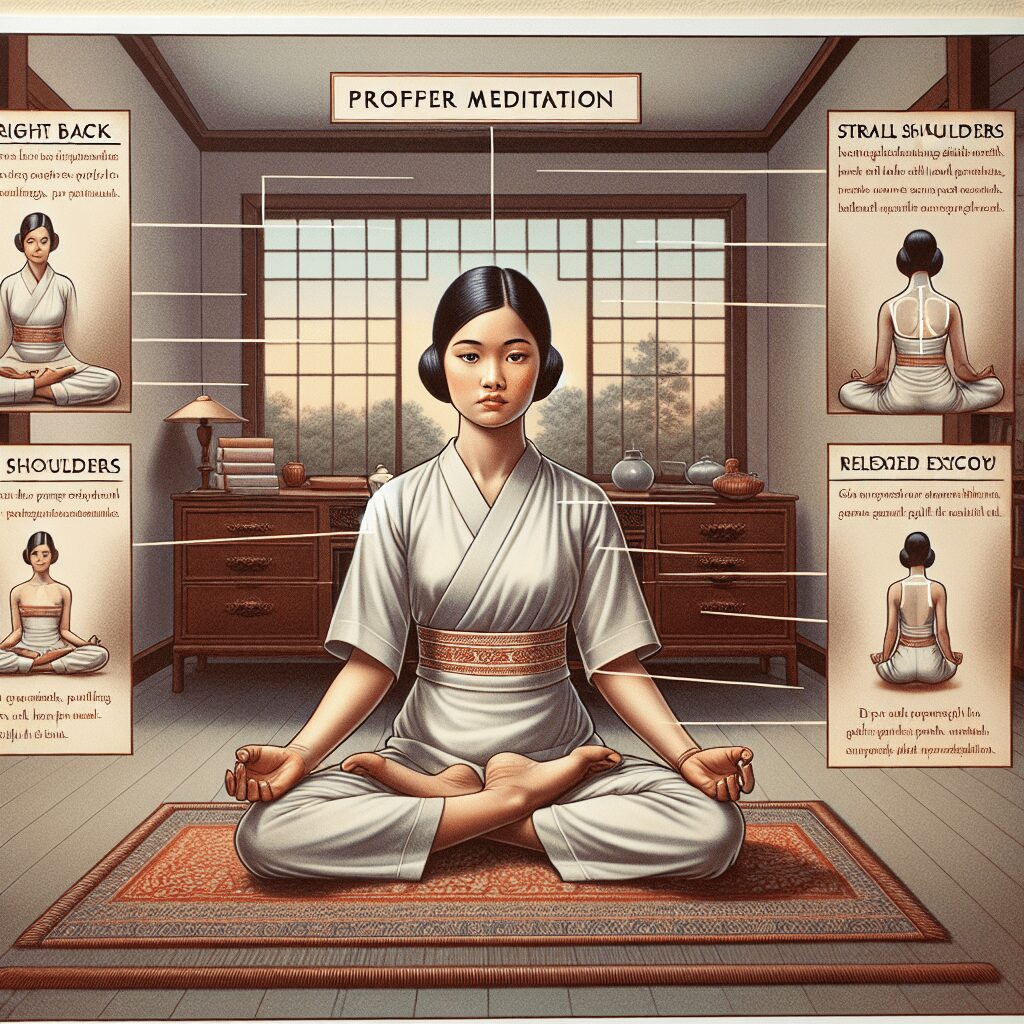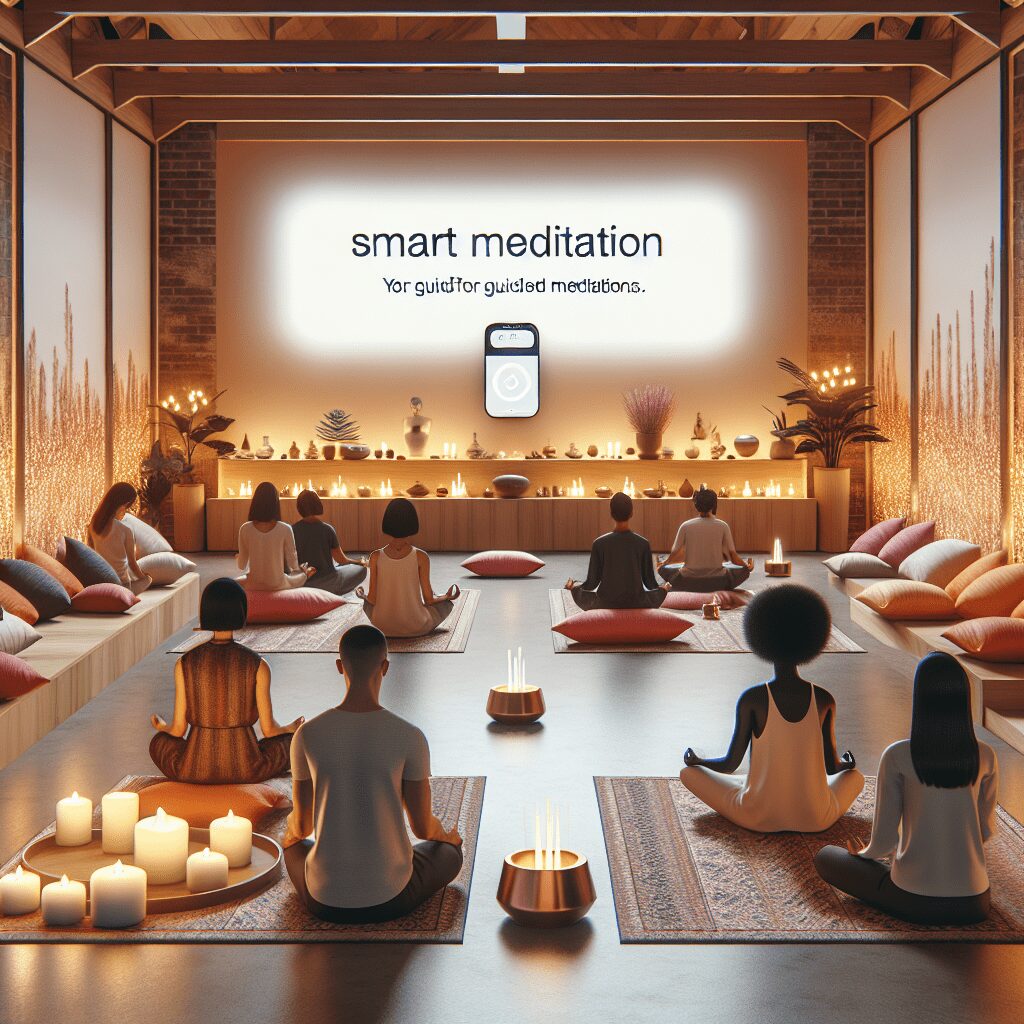
Prioritize your mental well-being daily. Enhance your life by nurturing your mental health with the Smart Meditation app. Break free from stress, alleviate anxiety, and enhance your sleep quality starting today.
How Could Sleep Deprivation Cause A Serious Health Problem If It Is Not Addressed?
The Silent Thief: How Sleep Deprivation Stealthily Compromises Your Health
Ah, sleep – that blissful state where dreams are born, and the body hits the refresh button. Yet, far too many of us treat it like a luxury, not the necessity it truly is. In our 24/7, always-on culture, skimping on sleep has almost become a badge of honor – a sign that you’re pushing the limits, chasing success. But here’s the kicker: chronically dodging a full night’s sleep is akin to playing with fire, healthwise.
The Ripple Effects of Skimping on ZZZs
Believe it or not, sleep deprivation doesn’t just leave you yawning and reaching for an extra cup of coffee. It’s the equivalent of dropping a pebble in a pond – the ripples are far-reaching, affecting nearly every aspect of your health. Let’s dive into some of the serious consequences that could ensue if those sleepless nights become a mainstay.
1. The Brain Drain Phenomenon
First off, your noggin’. It’s no secret that a lack of sleep can make you feel foggy, but the long-term impacts are more akin to a brain drain. Memory consolidation happens while you’re snoozing, so regularly missing out can lead to forgetfulness and trouble learning new things. Chronic sleep deprivation has also been tied to more sinister developments, such as an increased risk of Alzheimer’s disease. It’s like your brain’s housekeeping crew only comes in during sleep – skip it, and the clutter starts to build up.
2. A Heart Under Siege
Then there’s your ticker. Regularly logging less than 5-6 hours ups the ante for high blood pressure, heart disease, and stroke. Sleep is when your body gets a chance to regulate stress hormones and keep your blood pressure in check. Without enough rest, your body’s ability to do so effectively can go off the rails.
3. Sugar, We’re Going Down
Let’s talk about your blood sugar. Sleep affects how your body reacts to insulin, the hormone that controls your blood sugar level. Persistently pillow-shy folks can develop insulin resistance, a prelude to type 2 diabetes. Essentially, sleep deprivation can make your body’s response to insulin go haywire, causing blood sugar levels to spike.
4. Immunity on the Fritz
Ever noticed you’re more prone to catching colds when you’re short on sleep? That’s because sleep bolsters your immune system. Skimp on it, and you might find yourself on the business end of a virus because your body’s defense system isn’t up to snuff. It’s like sending your immune system into battle without armor.
Steering Clear of the Slippery Slope
So, what’s a sleep-deprived soul to do? For starters, dialing in on good sleep hygiene can turn things around. Here are a few quick tips to escort you to dreamland more reliably:
- Stick to a Sleep Schedule: Consistency is key. Hitting the hay and waking up at the same time every day sets your body’s internal clock, making it easier to fall asleep and wake up naturally.
- Create a Rest-Inducing Environment: Cool, dark, and quiet is the way to go. Consider a white noise machine if you can’t escape ambient noise and invest in a good mattress and pillows for physical support.
- Wind Down Wisely: Establish a pre-sleep routine that helps your body transition to sleep. Think reading, a warm bath, or some gentle yoga – whatever flips your relaxation switch.
In closing, treating sleep as a non-negotiable part of your daily routine isn’t just about dodging yawning marathons. It’s about preserving your health, one REM cycle at a time. After all, catching enough ZZZs might just be the closest thing we have to a panacea in our go-go-go world. Nighty night, don’t let the bedbugs bite – or the health complications, for that matter.





